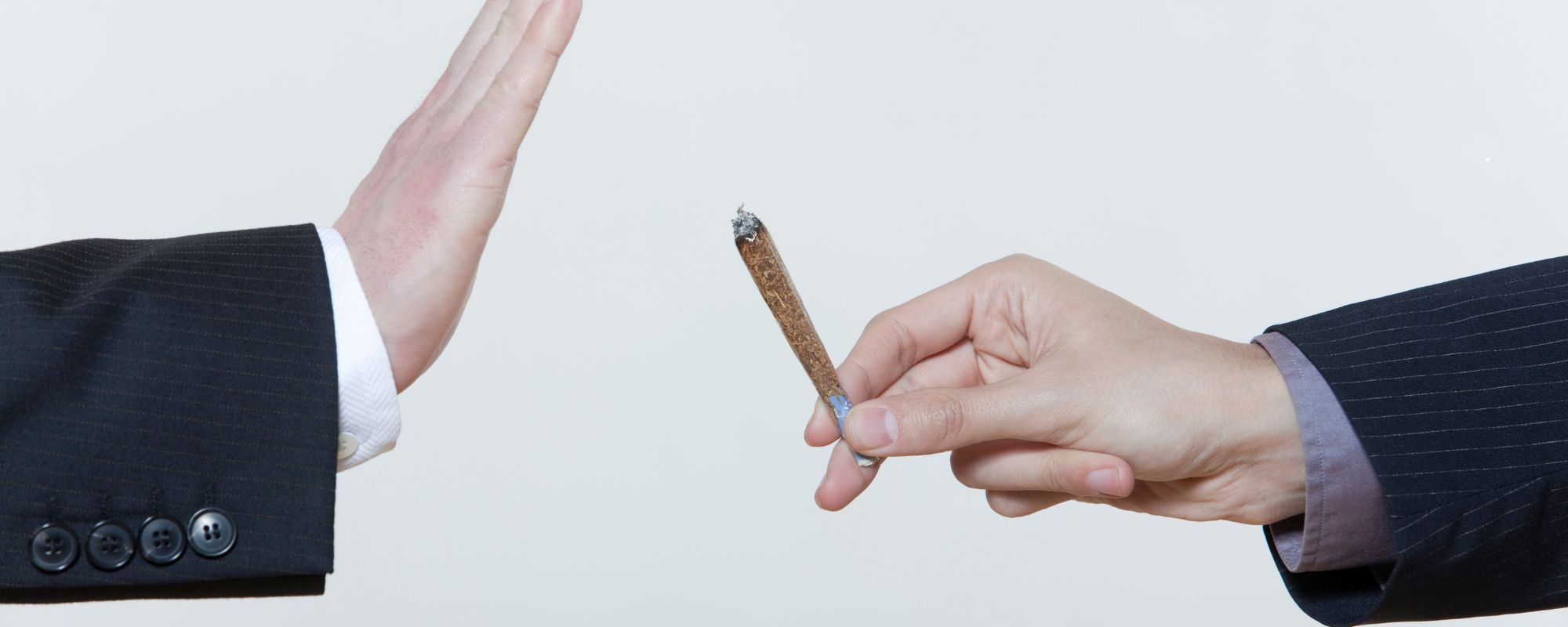A big contributor to addiction and addictive behaviors is poor coping mechanisms. When someone is in active addiction, self-medicating with substances is often the only coping mechanism that someone knows. Much of recovery involves replacing harmful habits with healthy ones and learning to rely on these positive substitutions.
It is critical to take care in choosing these new habits, however, as new addictions can replace old ones; for example, some people might substitute drugs with the “high” of being in a new relationship. Others might abstain from alcohol and take up gambling. Addiction itself is less about one substance or behavior and more about what addiction is— a chronic brain disease with rates of relapse similar to that of diabetes.
Addiction physically alters the brain in ways that create dependence on drugs or alcohol (or other activities or behaviors) to produce feelings of pleasure. The unnatural influx of euphoria-inducing chemicals from substance use, or another repeated action, changes the brain’s structure so that someone with a substance use disorder can only experience pleasure when using drugs, drinking alcohol, or engaging in a particular activity. Addiction is not reversible, but it is highly treatable, meaning that those with a substance use disorder may live happy, healthy lives without reliance on using or drinking.
In the throes of addiction, it may seem like anything is better than using drugs or drinking alcohol, but replacing one harmful behavior with another is not going to benefit you. In conjunction with following a treatment plan and working a program, healthy addiction replacement habits can help you to maintain sobriety. These habits can take many forms and may include:
Exercise. Physical activity can release endorphins, which can help with substance cravings. It also builds metabolism and strength and has been found to help manage stress and depression. Exercising is not limited to strenuous physical activity; yoga, biking, or even taking a walk through the neighborhood can help to boost your mood.
Old passions. What did you enjoy doing before addiction? Revisit old hobbies and incorporate activities that you liked to engage in prior to drug or alcohol use. Also, it’s okay if your interests have changed. Addiction may not have changed you as a person, but you might not enjoy the same activities and hobbies that you did before you started using or drinking. You may even find that some things are too triggering or painful to pick back up.
New passions. Discovering a new hobby or activity can help get you on track in your recovery. Is there something that you’ve wanted to try or something that you’ve been interested in for a while? There is no time like the present to explore new interests and try new things.
Remember that habits don’t become habits over night. To incorporate something new into your life and make it a lasting part of your routine, you have to practice or engage in it daily. This takes commitment and patience, so don’t get discouraged if it takes you some time to incorporate positive changes into your life.
Having healthy addiction replacement habits in place can also help you to manage cravings, as positive activities can provide sustainable alternatives to drugs or alcohol. Surrounding yourself with positive influences can also help keep you sober and focused on healthy activities separate from your old, damaging habits.
Royal Life Centers at Puget Sound is a full-service drug and alcohol detox and residential inpatient facility. We treat dependence on alcohol, opioids, methamphetamine, benzodiazepines, and cocaine. Our admissions team is available 24/7 at (877)-RECOVER to answer any questions you may have about our programs.












